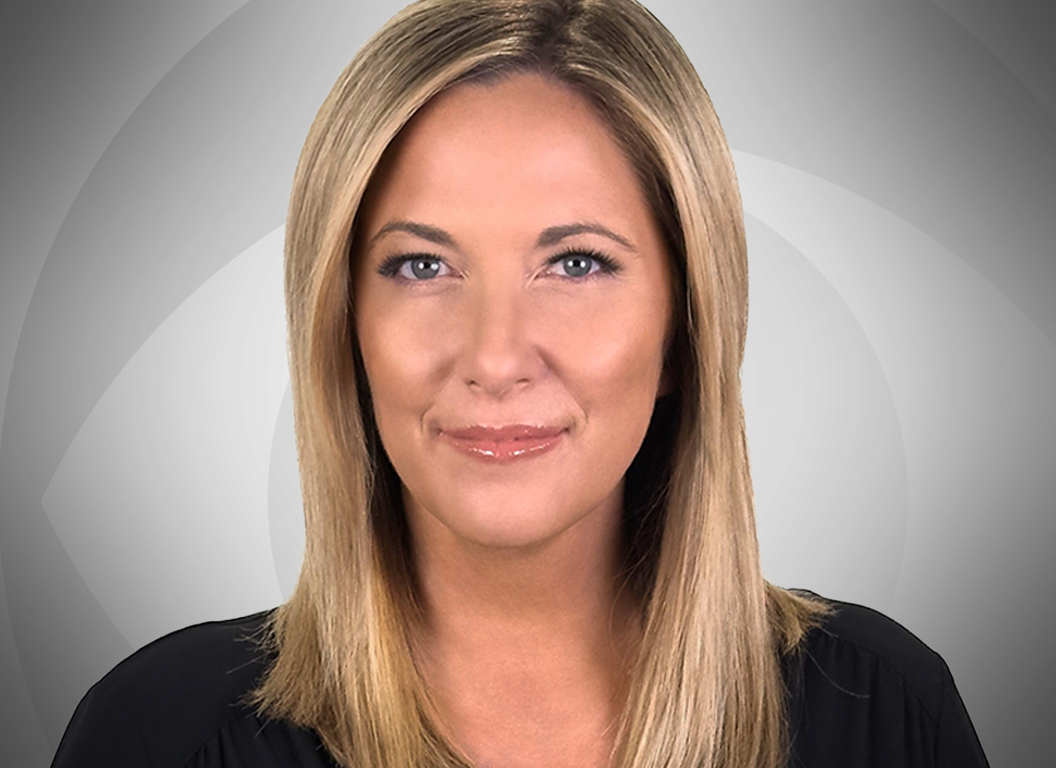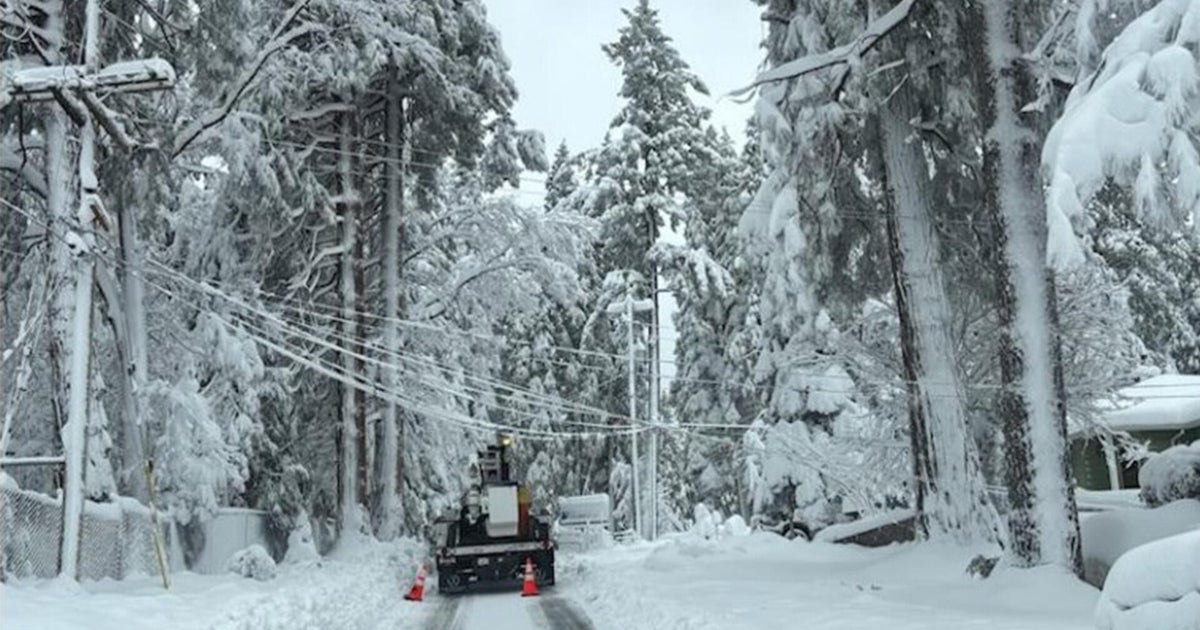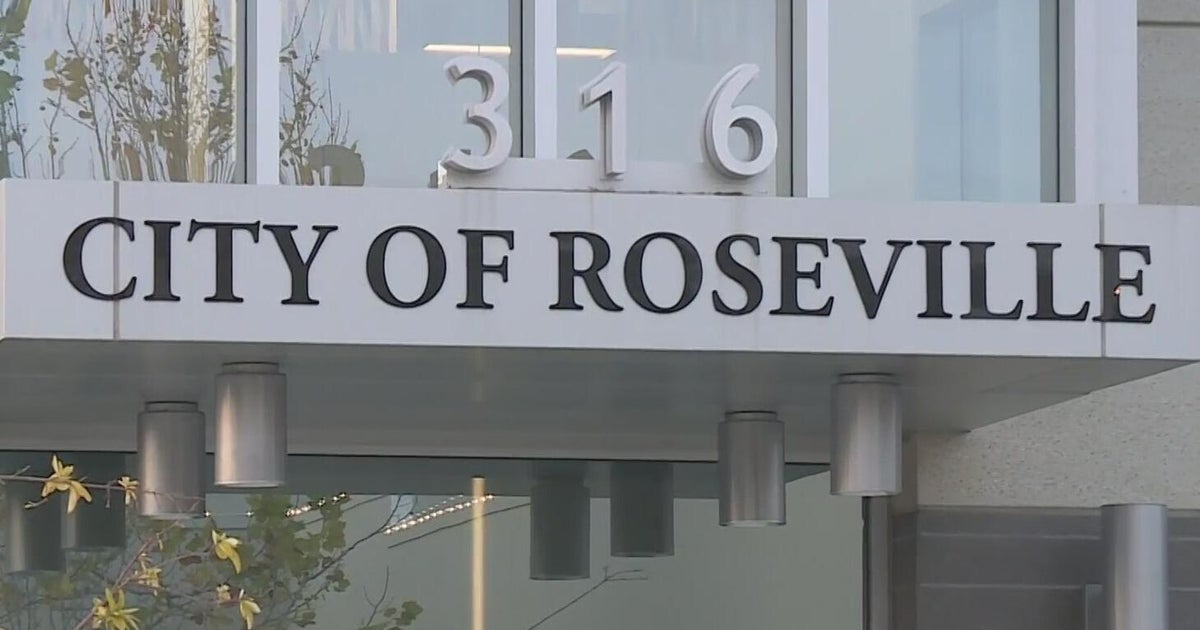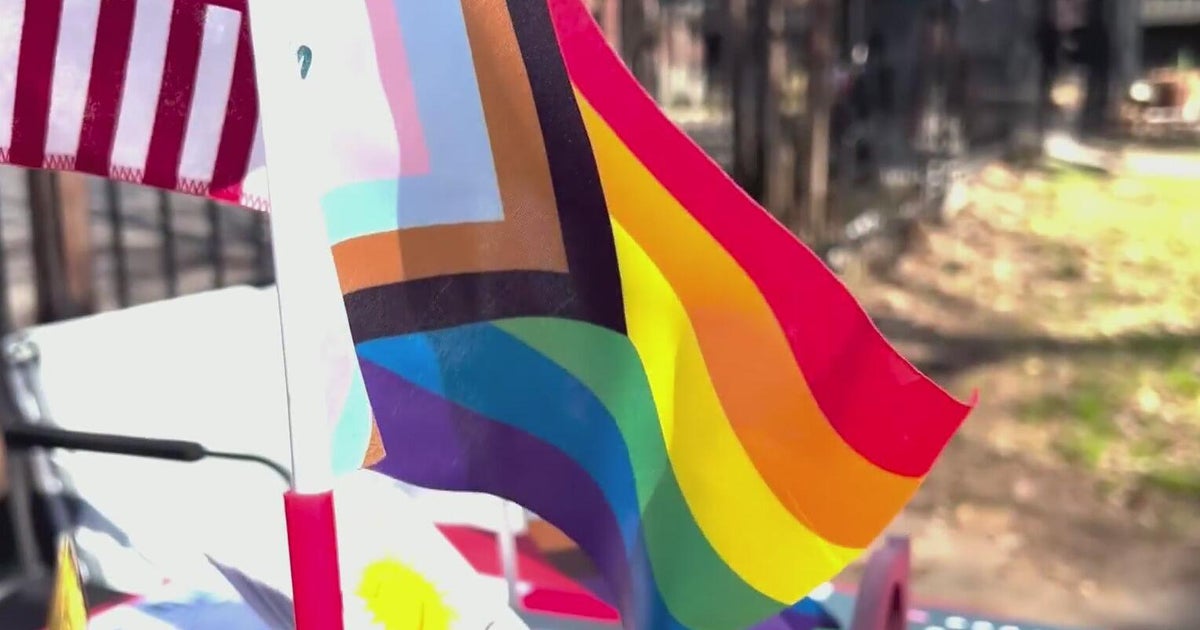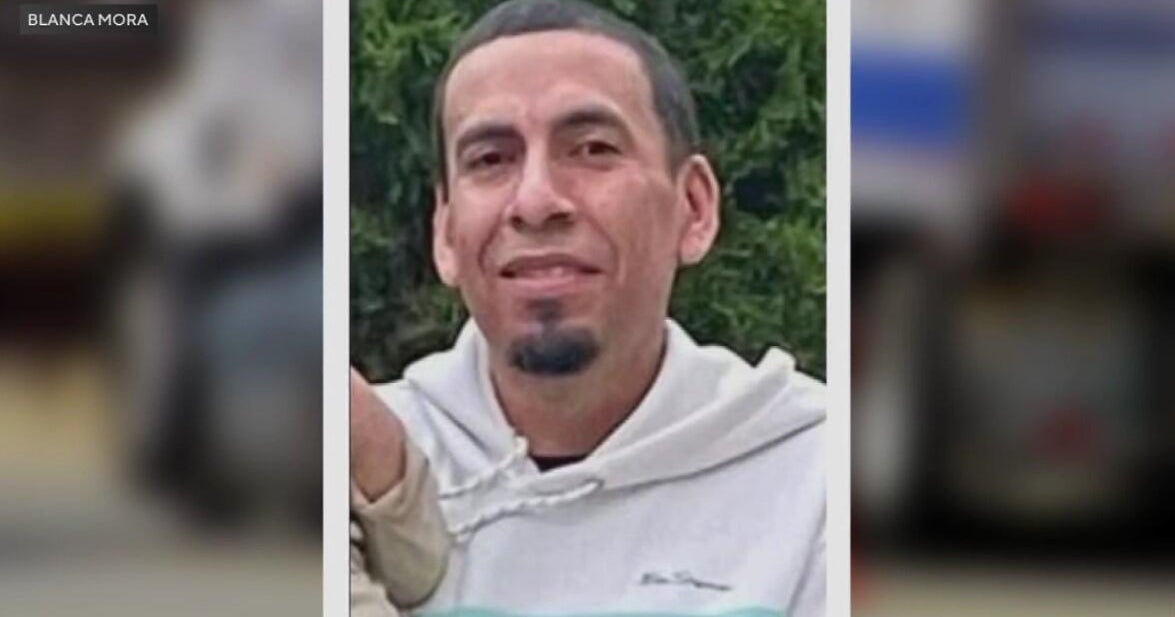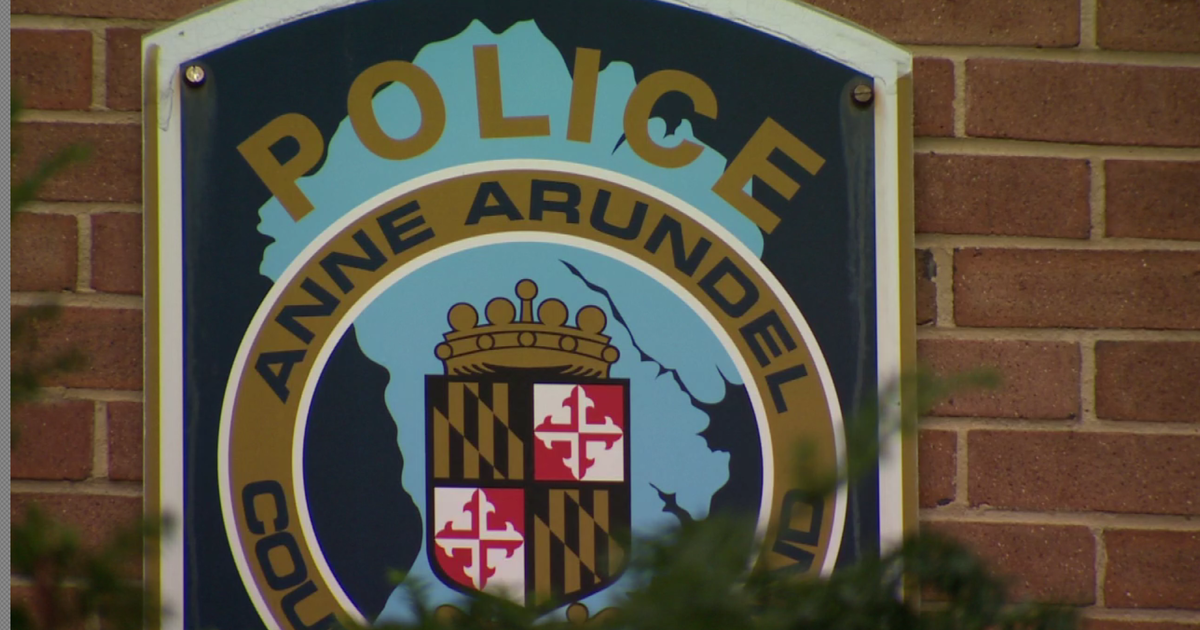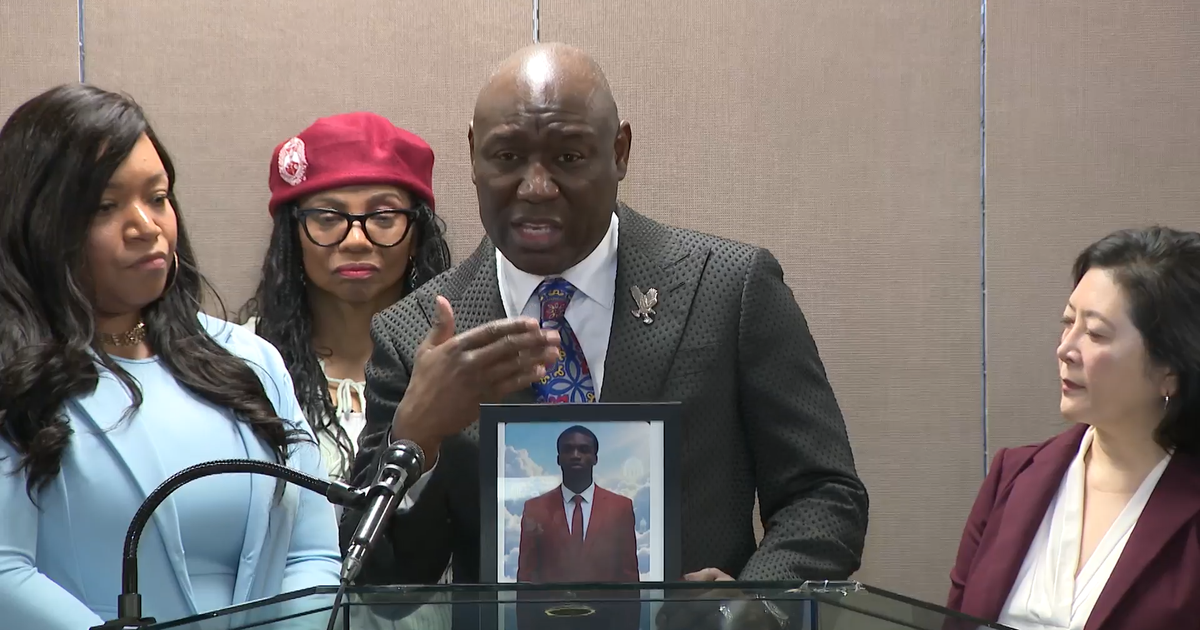CBS13 Investigates: Rising cost of sexually violent predators in California
SACRAMENTO -- There's a battle brewing between Placer and Amador counties over where to place a repeat sexually violent predator (SVP). But it's an issue that affects all Californians because, wherever he ends up, taxpayers will pay for his housing and supervision.
Based on data from the Department of State Hospitals, obtained tough a Public Records Act request, CBS13 has learned:
- Sexually violent predators cost taxpayers 50% more once they are released from the hospital.
- California pays a premium to house sexually violent predators. The average state-wide rent for SVPs on conditional release is 55% higher than the median California rent.
- The state's contract with Liberty Healthcare to house and monitor SVPs increased to a high of $6.4 million and is on track to be even higher this year.
- The number of SVPs out on conditional release increased from 14 in 2020-2021 to more than 20 as of March.
According to state data, there's an increasing number of sexually violent predators living among us in the community -- through a conditional release program, known as CONREP. While most people don't want a sexually violent predator (SVP) as a neighbor, for some, the alternative is more concerning.
SVP William Robert Stephenson is set to be released, but the state is struggling to find a permanent home. They must consider proximity to things like parks, schools, and victims. At a recent hearing, his attorney asked that he be released on transient status because it's taking so long to find housing. However, even the judge had concerns.
"As we all would agree," said Placer County Judge Garen Horst, "that transit release is not ideal, not safe for appropriate for anybody involved."
Placer County District Attorney Morgan Gire explained that, without a permanent residence for 24/7 monitoring, an SVP may pose a greater risk.
"By its very nature, a transient status means someone is going to be moving around. There are more obligations on the individual, which means there are more opportunities for failure," said Gire.
But at this point, he acknowledges that if they can't agree on permanent housing soon, a transient release may be the only option.
"There are due process rights that a sexually violent predator has," said Gire.
Even though Stephenson's convictions in the 90s were in El Dorado County, the State Department of Hospitals housed him in Placer County when he was conditionally released as an SVP for the first time in 2014. He was re-arrested in Roseville for possession of child pornography in 2017 and is now eligible for release again.
Gire notes that he wasn't successful in Placer County the first time around so, he argues, it would not be wise to place him there again. Additionally, neither the state's contractor, Liberty Healthcare, nor a search committee, could find suitable housing in Placer County. They also failed to find housing in Sacramento County where Stephenson has family.
They did find a home in unincorporated Amador County. Not surprisingly, Amador County is fighting to keep him out because neighbors don't want a sexually violent predator next door.
"I have relatives who are children," said Karen Warburton who lives next door to his proposed home.
Court records reveal that Stephenson has a long history of re-offending. He began exposing himself to high school students in the early 80s. His "criminal sexual behavior escalated to assault" in 1985 when he was placed on probation and received treatment for the first time.
He was later convicted of two violent sexual assaults on a Lake Tahoe beach in 1990. He estimated at trial that he had committed about 20 sexual offenses before he was incarcerated.
After serving about half of his 31-year sentence, he received more treatment at a state psychiatric hospital. Stephenson was then granted conditional release in 2014 when he was placed in Roseville. That's where he was rearrested in 2017 for possession of child pornography. He was sent back to prison and then back to a state hospital and is now eligible for release again.
Gire fought to keep Stephenson from being released based on his unsuccessful history of treatment and release. However, a judge granted release based on the recommendation of state doctors.
"It's ultimately the opinion of the doctors who evaluate that person. And oftentimes, we as prosecutors disagree with those assessments," said Gire.
The Department of State Hospitals declined our interview request. Mr. Stephenson's attorney has not responded to our request.
According to the DSH website, sexually violent predators on conditional release are tracked via GPS. They also get weekly drug screening and polygraph tests. For a time, they are also supposed to have 24/7 surveillance.
And it all comes at a cost.
Based on data from the Department of State Hospitals, obtained tough a Public Records Act request, sexually violent predators cost taxpayers 50% more once they are released from the hospital.
In part, because the state pays a premium for rent, which can be enticing to landlords.
"You get a lot of money, and if you're not close by, it doesn't really affect you, but it does affect the neighbors that have to live in that neighborhood," Gire said.
The median California rent, according to Zillow, is $2,900 a month.
The average statewide rent last year for SVPs, according to DSH, was $4,500. Taxpayers foot that rent bill along with the costs for treatment and supervision, which is all handled by North Carolina-based Liberty Healthcare. They did not respond to our interview requests, either.
The state's contract with Liberty Healthcare increased last year to a high of $6.4 million and is on track to be even higher this year as more sexually violent predators are being released.
The number of SVPs out on conditional release increased from 14 in 2020-2021 to more than 20 as of March of this year.
Stephenson would presumably make 21, though the state tells us "patient privacy laws prohibit DSH from even acknowledging that an individual is or was ever a DSH patient."
CBS13 is still waiting for more data from the Department of State Hospitals to shed light on why there's a growing number of SVPs on conditional release.
We're also awaiting data to identify how often SVPs are re-arrested under the care of Liberty Healthcare
DSH says none have been re-arrested for sexually "violent" crimes, however, Stephenson is proof that some do re-offend.
